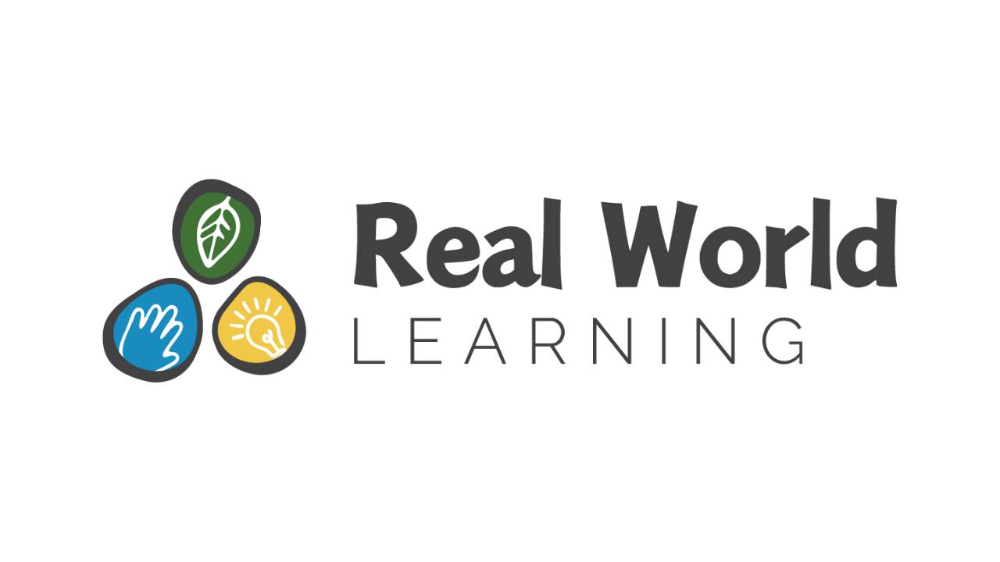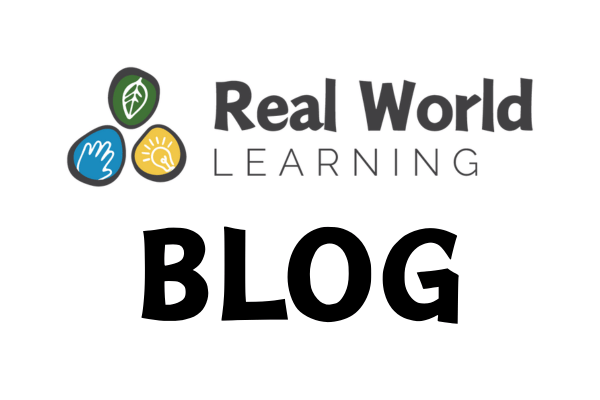5 Signs Your ECEC Service is Ready to Embed Sustainability

How do you know if your service is ready to move forward with embedding sustainability?
Perhaps you’ve been trying to get traction for years, but any project you’ve implemented has been met with resistance, or fizzled out after a short period of excitement and enthusiasm.
Maybe your team lacks confidence and isn’t sure where to start or what to do next.
Or, you’ve done the basics but know there’s more you could do, especially now the way sustainability is defined in the revised Early Years Learning Framework 2.0 has expanded - what does social and economic sustainability look like in an early childhood setting?
Here’s five things that ECEC Services effectively embedding sustainability have in common. If you see signs of these attributes in your service, chances are, you too will be able to effectively embed sustainability.
These attributes will help you embed sustainability in your service, and reap the benefits it brings for your team, children, community and organisation:
-
...
Why Sustainability Matters in Early Childhood

Embedding sustainability in early childhood education and care (ECEC) is more than a trend, or something that's nice to do; it's a necessary shift towards nurturing future generations who are informed, empowered, and equipped to create a sustainable future - where they can thrive in uncertainty. In our new guide, Why Sustainability Matters in Early Childhood, we explore the vital role that early childhood education plays in developing lifelong sustainable habits and values.
The Importance of Early Years for Sustainability
The early years are crucial for setting the foundation of lifelong values and behaviours. Children are naturally curious and eager to explore the world and understand their place in it, making it the ideal time to introduce sustainability concepts. By fostering these values early, we reduce the need for behaviour changes later in life, which can be a challenging prospect - we all know behaviour change doesn’t come easy! Early childhood educators have a unique opport...
Protecting Biodiversity & Connecting with Nearby Nature

World Environment Day 2024 - Our Land. Our Future #GenerationRestoration
World Environment Day 2024 is bringing focus to the important role we need to play in terms of restoring ecosystems and protecting biodiversity the world over.
Properly functioning ecosystems are what sustain life on Earth - people included. Clean air and water, and healthy soil - the foundations of earth’s natural systems - support all life on earth.
What can you do to help protect the air, water and land?
Think Global. Act Local.
While problems such as climate change, habitat loss and pollution are happening on a global scale, there are many things you can do in your local community, or even within your service that will make a difference.
Acting locally provides the opportunity to explore big issues on a small scale and in a context that makes sense to both children and adults alike.
Here’s some things you can do that contribute to restoring ecosystems and protect biodiversity:
- Plant local indig...
Embedding Sustainability Principles & Practice

You’ve probably checked out the revised Early Years Learning Framework by now, even if this isn’t the Learning Framework you work under it appears to be driving change and setting the tone for the other Frameworks that are due for an update in the next little while. So it’s good to have an understanding of the direction its heading and the changes being made.
From a sustainability perspective there’s lots to be excited about! 🎉🎉🎉
Sustainability has been identified as a new Principle which means it should underpin your program and practice. That's a big shift. An important shift. And I’m all about it! 🌏
The thing that makes it easier is that they have also expanded the definition of sustainability. Sustainability is now defined as:
Seeking to meet the needs of the present generation without compromising the needs of future generations. This definition is derived from the United Nations Bruntland Commission Report from 1987. It’s by no means a new idea. I have also heard it s...
Principles & Practice - Sustainability in the EYLF & MTOP 2.0

It feels like now is a great time to be focused on improving your sustainability practices and bringing sustainability to life for children.
It can feel overwhelming. It’s an important role you’re playing as an educator working with young children, and it seems that with the recent changes to the EYLF and MTOP Frameworks, others are beginning to see the potential impacts you can make too!
Let's unpack some of the changes to the frameworks as they relate to sustainability, and what they might mean for you and your service.
Let’s dive in…
The Frameworks have expanded their definition of sustainability. Previously the focus seemed to be on the environmental aspects of sustainability - encouraging children to show respect for the environment, connections to nature, use of natural materials, etc.
The revised Frameworks define sustainability as:
Sustainability: seeking to meet the needs of the present generation without compromising the needs of future generations (Brundtland Report ...



